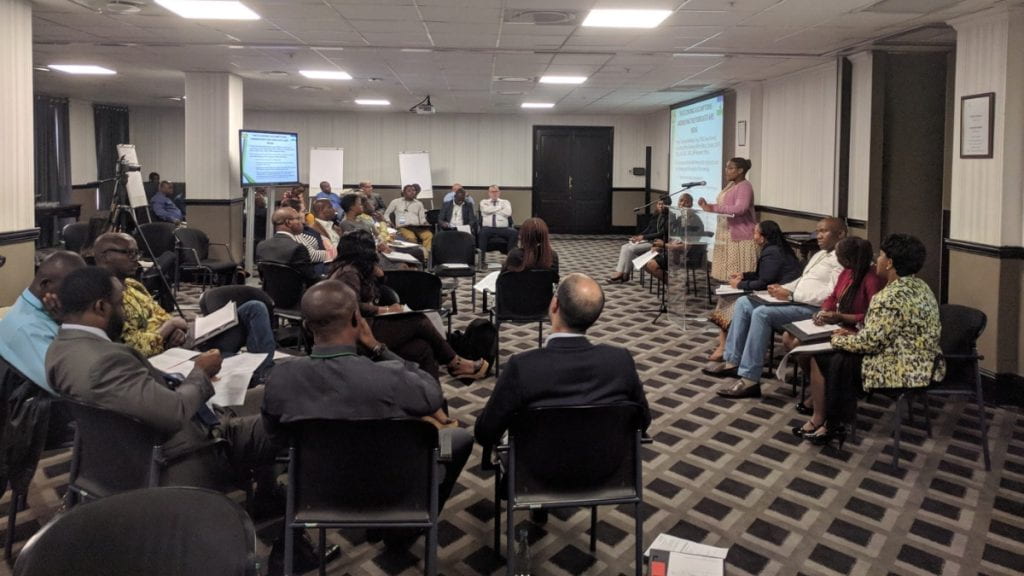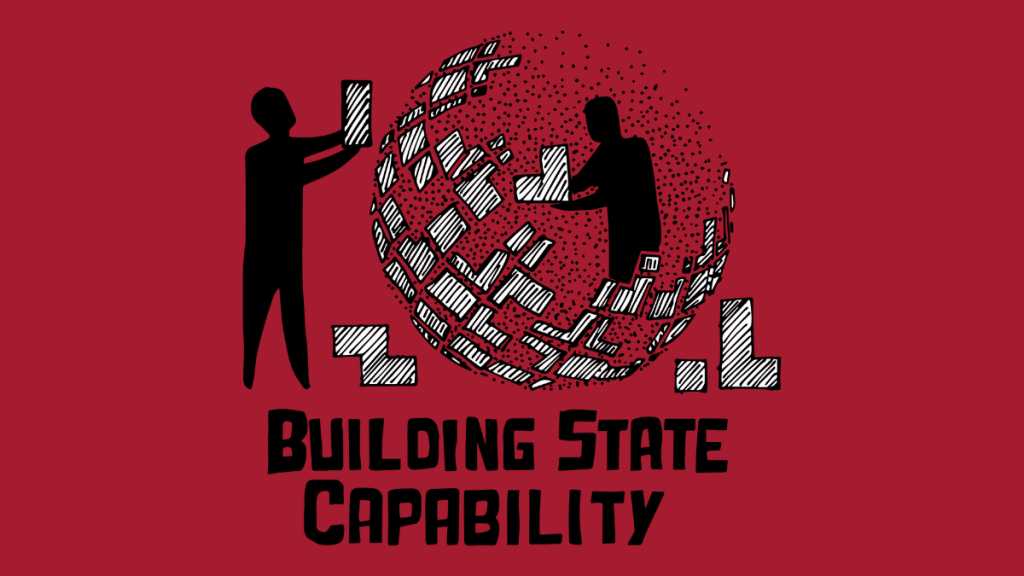written by Salimah Samji The Building State Capability (BSC) program had a very busy 2017. We are a small team of doers who are constantly testing, learning, reflecting, and adapting our approach – essentially PDIAing our way forward, often while charting new waters. …Continue Reading Taking stock of our achievements in 2017
Learning to improve Sri Lanka’s business and investment climate using PDIA

written by Peter Harrington This past week, the Building State Capability (BSC) program published two new papers about our work doing PDIA-in-practice in Sri Lanka. The first paper is about working to improve Sri Lanka’s business and investment climate, and is the subject of this blog post. The second is about working to promote foreign…Continue Reading Learning to improve Sri Lanka’s business and investment climate using PDIA
PDIA and PFM in Africa

written by Salimah Samji We just held our final workshop for the Building PFM Capabilities in Africa Program, in collaboration with CABRI, in Johannesburg from December 11-13, 2017. Teams from Ghana, Liberia, Nigeria, Sierra Leone, South Africa, The Gambia, and The Kingdom of Lesotho, participated in this program….Continue Reading PDIA and PFM in Africa
Building PFM Capabilities in Africa
written by Tim McNaught For the past 30 years, governments across Africa have been implementing public financial management (PFM) reforms with mixed results. While budgets, laws and processes have improved, they are often not effectively implemented (Andrews 2010). Technical solutions, commonly copied from upper-income countries, do not always take into account the local context and can…Continue Reading Building PFM Capabilities in Africa
Democratizing PDIA knowledge one practitioner at a time

written by Salimah Samji We now have 569 development practitioners in 64 countries who have successfully completed a version of our free PDIA course. Since we began our online journey in November 2015, we have learned, iterated and adapted our course three times, essentially PDIA-ing our way forward. More than 80% of each cohort has…Continue Reading Democratizing PDIA knowledge one practitioner at a time
How do you know when to use PDIA?

written by Salimah Samji We often get asked the question “why do you need to use PDIA for a problem that we already know how to solve?” The answer is simple. You don’t. If people have already crawled the design space and figured out how to solve a type of problem, then by all means,…Continue Reading How do you know when to use PDIA?
How did China Create “Directed Improvisation”?
written by Lant Pritchett Yuen-Yuen Ang, a Professor of Political Science at University of Michigan came to speak at Harvard the other day and I was lucky enough to hear her presentation. Her most recent book is How China Escaped the Poverty Trap, which is an original and insightful take on what is perhaps the…Continue Reading How did China Create “Directed Improvisation”?
Motivating teams to muddle through

written by Anisha Poobalan In theory, PDIA seemed like the most logical, straightforward way to go about solving a problem. A team is formed, they deconstruct the identified problem and then attack each causal area, learning and adapting as they go. Being in the field, meeting with the teams weekly, hearing about the obstacles cropping…Continue Reading Motivating teams to muddle through
Building capability: the true success of PDIA
written by Anisha Poobalan The PDIA team has been working in Sri Lanka for the past six months with five talented and motivated government teams. This work is challenging and demands hard work by government officials and yet through short, repeated iterations, real progress is achieved. The teams update a facilitator every two weeks while…Continue Reading Building capability: the true success of PDIA
Initiating action: The action-learning in PDIA

written by Matt Andrews I recently wrote a blog in response to a question I was asked by a colleague about how we move from the foundation or framing workshop in PDIA processes—where problems are constructed and deconstructed—into action, and beyond that, action learning. In this post I will offer some ideas on how we…Continue Reading Initiating action: The action-learning in PDIA